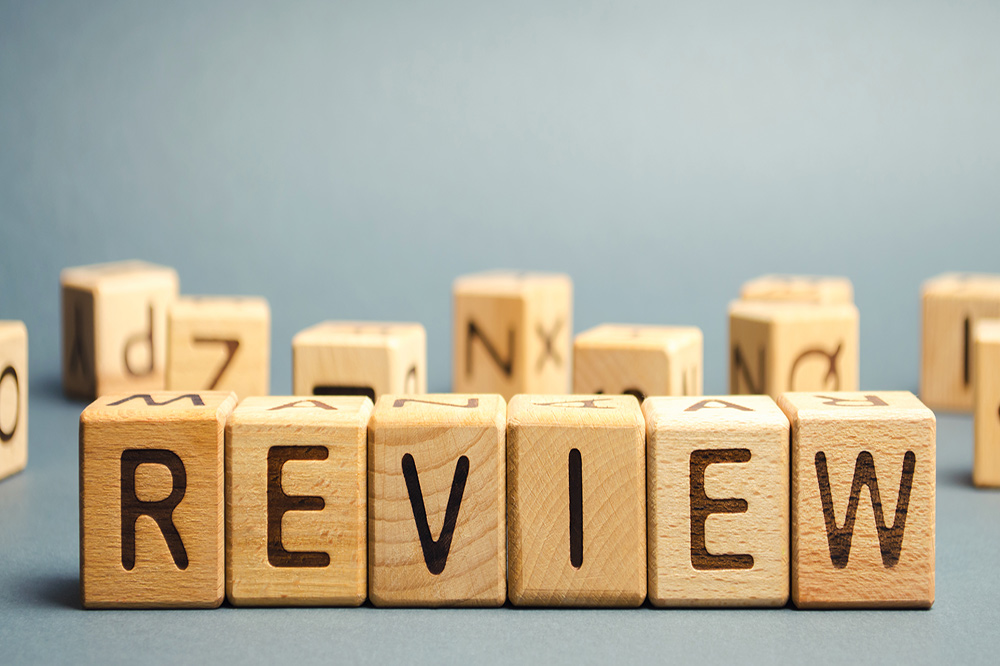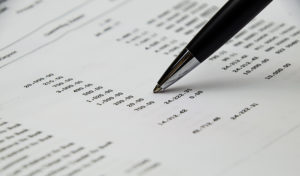How The HOA Board Should Review HOA Finances Properly

Review HOA finances with the same care that you check your own. That's how personally you need to take HOA financial reviews. If you're part of an HOA financial committee, then reviewing HOA finances is not just a responsibility. It's a habit that will save your association from problems down the line. So, how do you review HOA bank statements and other transactions and not miss anything? Read on to find out.
Browse By Category
Sign up for Our Newsletter
Review HOA finances with the same care that you check your own. That’s how personally you need to take HOA financial reviews. If you’re part of an HOA financial committee, then reviewing HOA finances is not just a responsibility. It’s a habit that will save your association from problems down the line. So, how do you review HOA bank statements and other transactions and not miss anything? Read on to find out.
Review HOA Finances to Keep an Eye on Your HOA’s Money
An HOA deals with significant sums. Thus, it’s almost a given that you will hear of yet another scandal involving association money. Fraud, theft, or simple mishandling of funds happens to associations all the time. It’s simply not wise to imagine that it will never happen to yours.
If you’re a member of the HOA board, you can prevent this, especially so if you have a role in the HOA financial committee. You don’t have to wait for the annual audit to uncover an irregularity in your HOA bank statements. Your HOA board can prevent headaches simply by following some basic steps to review HOA finances.
1. Always Review Bank Statements
 One of the most effective ways to keep track of your HOA’s money is by reviewing bank statements. To review HOA finances, you will want to start with your accounts.
One of the most effective ways to keep track of your HOA’s money is by reviewing bank statements. To review HOA finances, you will want to start with your accounts.
Why are your bank transactions the best sources of financial information? It’s because typically, only a few people manage the fund accounts of an HOA. So, it’s usually the HOA manager, the treasurer, and a few others. Thus, you’ll be looking at the bank records of transactions done by a limited number of people. That’s a pretty time-effective way to keep an eye on your HOA funds.
Moreover, the bank statements are statements prepared by a third party. So, it’s an independent declaration by someone outside your HOA board. Your HOA bank statements are basically a form of verification that you can check your manager’s financial reports against.
Also, bank statements offer a wealth of information about what is happening with your association funds. They have all the details when it comes to account balances, deposits, check amounts, and check payees. Bank statements give you a complete picture of the state of your HOA’s funds at any given time. It’s best to always take advantage of that level of detail when you review HOA finances.
2. Have a Regular Finance Committee Meeting to Review HOA Finances
Reviewing financial statements as a team is one of the most important activities of the HOA board. It’s even more effective when the board does this regularly, at least once a month. This way, everyone will have a picture of the current HOA finances which will also guide ongoing decision making.
Aside from regular monthly meetings, also leave time to conduct quarterly meetings as well. A quarterly meeting with the Board of Directors and the Finance Committee establishes several things.
First, it allows the Finance Committee to update the board on anything significant that has occurred financially in the past three months. Second, it ensures the board the opportunity, after updates, to give direction on how to reach the long-term goals of the association. Lastly, it gives management the opportunity to describe short-term solutions to income and expense variances.
Quarterly meetings help to assure that the finance committee, the board, and management are on the same page at all times.
3. Ensure That Financial Reports Are Ready Ahead of Time
Set a deadline each month for your finance committee to receive its bank and financial statements. The third week in the month is often the best time for your committee to meet (this may vary by association). This gives you plenty of time to receive all of your financial data from the banks and investment firms.
The finance committee should have all the information at hand at least five days prior to a session to review HOA finances. Establishing this schedule and maintaining it consistently.
4. Make Sure Everyone Is on the Same Page When You Review HOA Finances
 Finance Committee meetings of the typical association can be intimidating. Many managers and board members alike dread this particular review process, despite its importance.
Finance Committee meetings of the typical association can be intimidating. Many managers and board members alike dread this particular review process, despite its importance.
The uneasiness comes from all of the numbers and pages. Plus, the volunteer CPA, which is usually serving in the finance committee, also needs to answer questions during the session.
However, this is also the perfect opportunity to have everyone get used to the process.
You’re reviewing your HOA bank statements, right? You can use those to build a summary of monthly financials. Make it as simple and straight to the point as you can. Take the time to do a summary of the financials in a format easily understood by all.
Break down both income and expenses into the current period and year-to-date figures. You will be surprised how the picture of variances in the budget can quickly illustrate issues of concern when the reporting format is concise.
Quarterly reviews can be more detailed, so you can show trends. Break down by the main account, sub-account, and account number, each budget item, together with the actual amount experienced. The quarterly report helps you identify and address ongoing trends. The financial picture of your association comes more into focus as you reach your third to fourth variance report within the same 12-month fiscal period.
5. Use Regular HOA Financial Reviews to Consult and Discuss
These meetings can help you build rapport with the Finance Committee Chair and the Board Treasurer. So, take the time to discuss issues of concerns as well as favorable conditions. Developing one-on-one relationships will make it much easier for board members to establish trust with one another. Once trust is established, all parties will have the confidence needed to understand, deliver, and discuss the association’s financials.
Don’t forget to build a relationship with the auditors as well. Auditors are a very important component in assuring financial integrity. It is in the association’s best interest to not only establish a favorable relationship with the auditor but to communicate material financial events to him. Do not be afraid to ask questions of the auditor. The auditor works for the association at large and is there to help assure that records remain in good order for everyone.
Review HOA Finances Regularly for Your HOA’s Financial Health
Remember, your association is your business. It must receive money, spend money, and save money to survive. The finance committee has a job, the board of directors has a job, and the manager has a job. At the end of the day, everyone is after the same outcome: A well-run association with impeccable financial records and money in the bank. When you take the time to review HOA finances, you’re also putting everyone on the same page to achieve that goal.
RELATED ARTICLES:
- Why Is An HOA Annual Audit Necessary?
- How To Protect HOA Reserve Funds And Operating Funds
- Protecting The Community From HOA Debts In A Down Economy
Trending Now
Related Article
Sign up for Our Monthly Newsletter
Sign up below for monthly updates on all HOA Resource
















